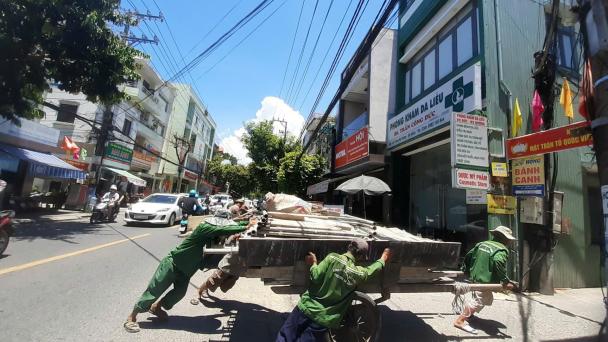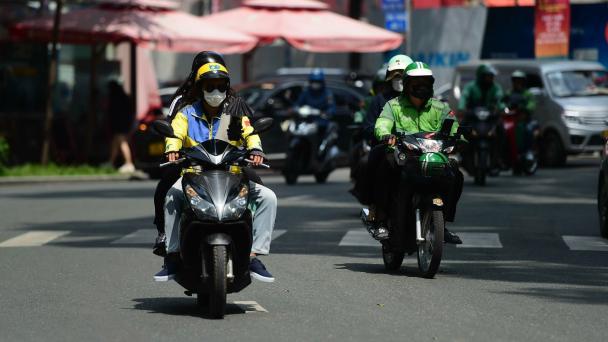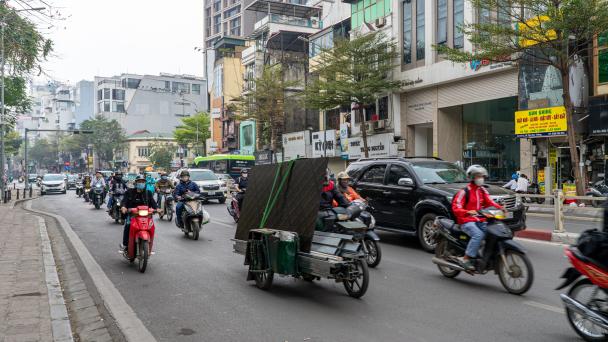What difference does language make?
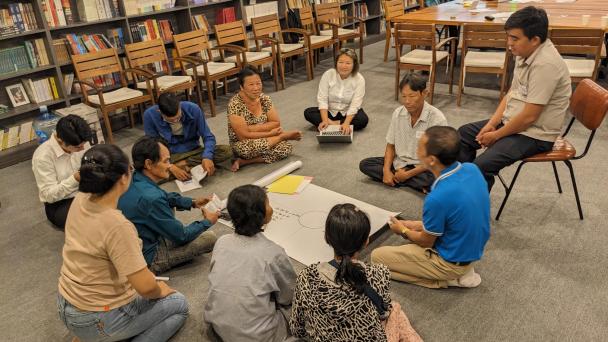
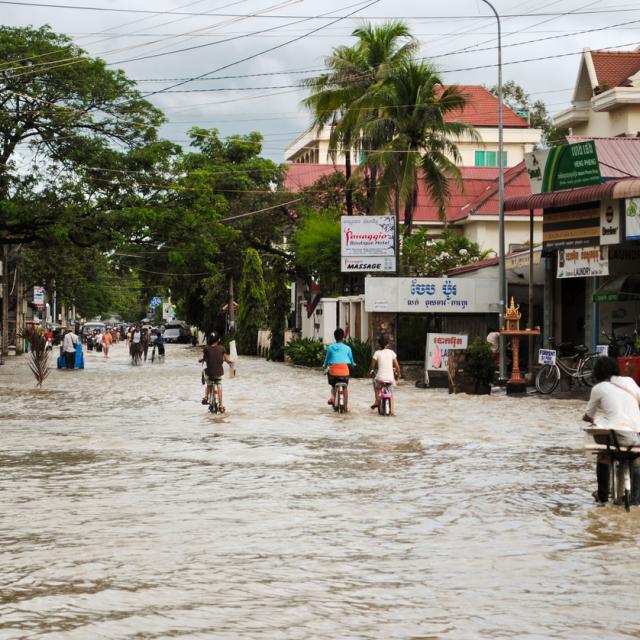
This blog summarises the key discussions from the panel on “Extreme weather, health, and wellbeing among vulnerable populations in the urban Global South”, held on 25 June 2025 at the Development Studies Association Annual Conference at the University of Bath on 25th June 2025. The panel interrogated the impacts of extreme weather, exacerbated by climate change, on the health and wellbeing of vulnerable urban populations in the Global South, including migrants, the elderly, and informal workers. Convened by Dr Anh Vu (NatCen) and Professor Jonathan Rigg (University of Bristol), the event featured contributions by scholars from Canada, India, Pakistan, Tanzania and the UK.
Dr Anh Vu kicked off matters by setting the wider context for the panel, drawing on her Wellcome Trust funded project on ‘The health impacts of climate change on precarious outdoor workers in the urban megacities in Vietnam’ (2023-2026). She discussed broader knowledge gaps, especially around informal and precarious labour, the methodological and ethical challenges such research encounters, and the implications for policy.
Building on this, Sherman Tai (NatCen), working on the same Wellcome Trust project, then presented preliminary findings from a survey of 400 informal workers across four major Vietnamese cities – Ho Chi Minh City, Hanoi, Da Nang, and Can Tho – covering four occupations: street vendors, motorbike taxi riders, porters, and construction workers. Using multinomial logistic regression, he examined how workers’ economic, social, cultural, and demographic characteristics (e.g. income, education, digital literacy, gender, age, and chronic illness) shape both exposure to extreme weather events and their capacity to adapt. The analysis revealed revealed significant disparities in risk and resilience, demonstrating the intersectional nature of vulnerability and the necessity for integrated, cross-sectoral policy responses.
Dr Arabella Fraser (Open University) and Muhammad Arsam (York University) presented the findings of their project entitled ‘Building Infrastructures of Repair in the 24-Hour Risk City’ (2022-2024). Using interviews and surveys, they examine the community-led repair mechanisms adopted by residents in informal urban settlements in Karachi, Pakistan and Nairobi, Kenya in the face of ‘climate despair’ engendered by large-scale infrastructural developments.
Next, Dr Alice Sverdlik (University of Manchester) and Dr Timothy Ndezi (Centre for Community Initiatives) discussed their action research project on ‘Uncovering grassroots insights into “everyday risks”’, which investigated the complex relationship between health risks caused or exacerbated by flooding, minimal sanitation, and inadequate solid waste management in Dar es Salaam, Tanzania.
Finally, Aishwarya Chandran (Indian Institute of Technology) gave a presentation with the title ‘“It smells like death”: Heat, decay, and toxicity in a dumping yard,’ in which she uses ethnographical methods to observe how women in communities in the Deonar dumping yard in Mumbai, India navigate their social and economic lives under already difficult circumstances made worse by heat waves and air pollution under conditions of climate change.
Following Q&A, there was a wider discussion of the conditions and contexts that push people into informal settlements and precarious work, and how these conditions are being accentuated by climate change. Participants and the audience raised important points including the challenges faced by researchers in translating findings into actionable policy recommendations, the methodological limitations of quantitative analyses in accurately representing research subjects, and ethical dilemmas in co-constructing evidence with research subjects when some stakeholders are systematically more powerful than others.
The panel highlighted the importance of grounded, interdisciplinary, and participatory research to understand and address the multifaceted health impacts of climate change on highly-exposed vulnerable groups in the urban Global South. It also pointed to the need for more critical attention to how knowledge is produced, for whom, and with what consequences.
More details about the conference can be found here.

